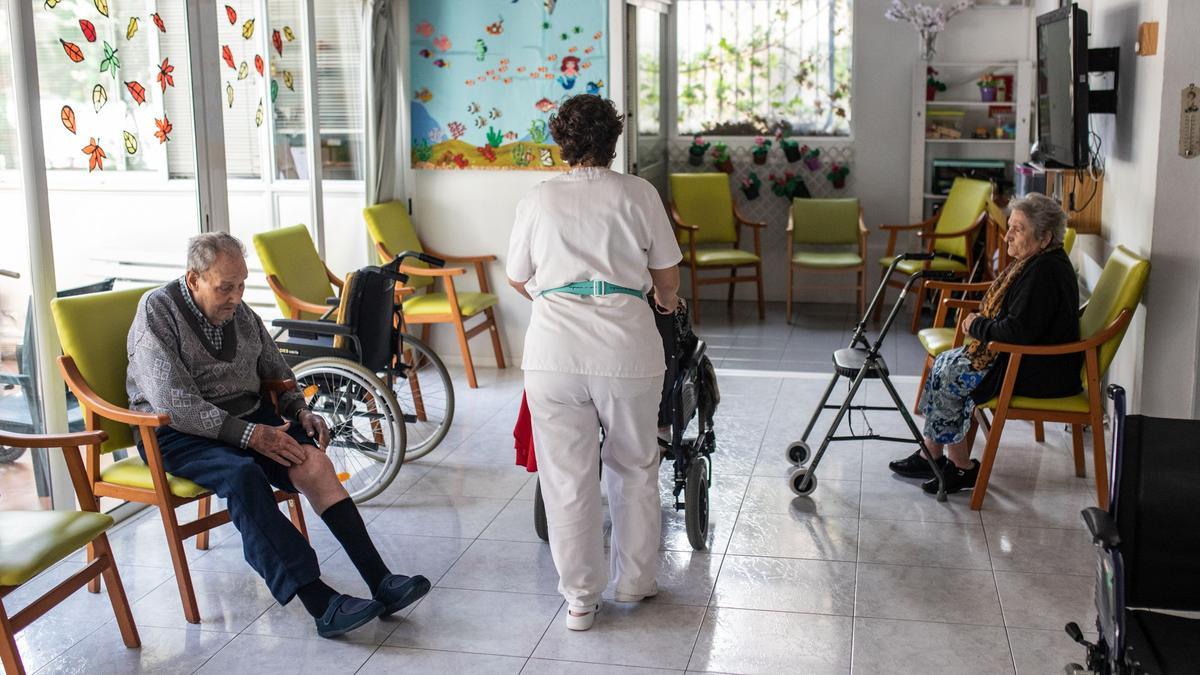The Government of Catalonia approved the deployment of the Care and Health Care Agency, a project that seeks to provide health care and social support to dependent persons in Catalonia in a coordinated manner.
Carles Campuzano, Minister of Social Rights, indicated that following this line of care, the Primary Care Centers, CAP, will be responsible for assuming the health care of users of the Catalan residences.
Thus, the Agència Integrada Social i Sanitària will start its work in Amposta, Barcelona, El Garrotxa, Prat de Llobregat, Manresa and Osona, Ripollès.
It is estimated that thanks to this coordination of social and health services, it will be possible to benefit around one million Catalans according to data provided by Salut i Drets Socials.
Care and health care for vulnerable populations
The Care and Health Care Agency is a pioneering project in Spain that was born as a result of the pandemic and the coronavirus health crisis.
The aim is that through the agency, dependent people in Catalonia can receive health care and the necessary social support, but in a coordinated manner.
In this context, the CAPs will be responsible for health care in Catalan nursing homes.
Likewise, the Ministries of Social Rights and Health indicated that the project will begin to be implemented from this year and during 2024, it will be deployed throughout Catalonia.
In the implementation of the first phase of the project, the Agency will focus on home care and child and youth health.
The most vulnerable
The Government indicated that the deployment of the Agència Integrada Social i Sanitària is one of the most far-reaching and important agreements that the Government will take in this legislature.
It is catalogued as part of a process of modernization of our State towards strengthening the welfare of the vulnerable population.
In the wake of the pandemic, the project succeeded in making visible the shortcomings of nursing homes and the care provided there for the elderly, a task that must be developed in the face of the progressive aging of the population.
The initiative is unique in Europe. In fact, Catalonia has a pioneering unit to detect elder abuse.
Some of them report feeling humiliated, ashamed and despised.
The project is part of a model aimed at improving the quality of life of vulnerable people and their caregivers.
This is expected to provide quality, personal and friendly service. The goal is that the most fragile people can receive the most humanized response possible.
In this regard, several older adults say that although they have telecare sensors at home, they prefer to have people come to visit them.

